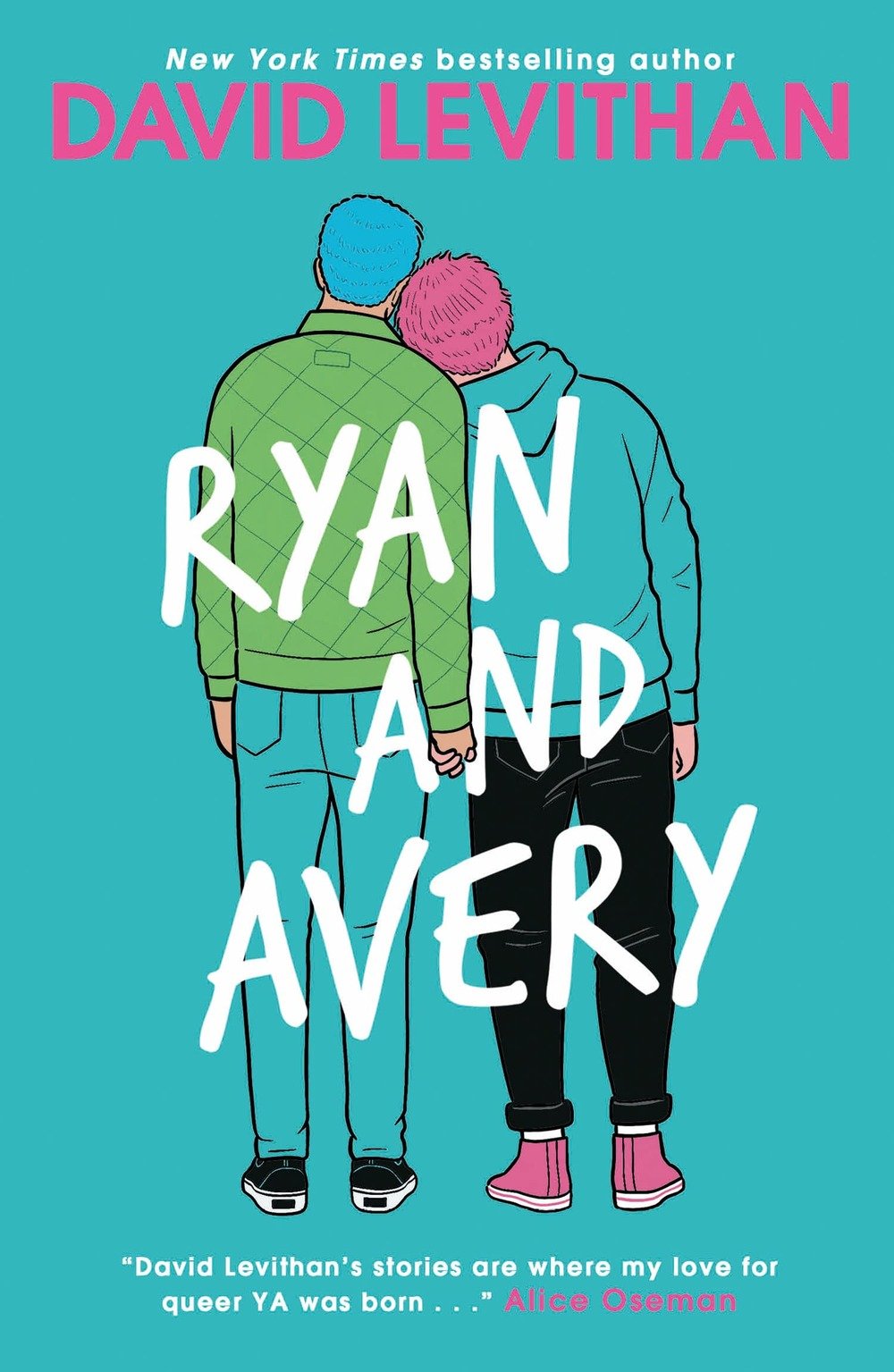
The Stories

A Compelling Yet Flawed Journey: The Midnight Library
The Midnight Library by Matt Haig is captivating in its exploration of the very human desire for improvement, while showing that often the only reason we don’t, is because we don’t want to. Haig’s writing style is accessible and subtly evocative, making the book an easy yet engrossing read. It should take most readers the time between breakfast and lunch to work through it. The simplicity of the narrative coupled with the almost desperate pursuit for poignancy somehow works for a book that deals with themes of loss, regret, and ultimately human failure. There is a hint of hope, but even that can’t make up for the desperate failure the protagonist insists on being.

Exploring Imperfection and Authenticity: A Deep Dive into Sylvia Plath & ‘The Bell Jar’
The Bell Jar by Sylvia Plath is a profound exploration of character development, flaws, and the open-ended nature of the narrative, mirroring the unresolved journey of the protagonist, Esther Greenwood. Plath’s writing, while nuanced for its time, raises consideration about the alter states in which her work was often published, a practice aimed at preserving the face of those she wrote about.

The Depths of Human Connection in ‘Someone Who Will Love You in All Your Damaged Glory’
Someone Who Will Love You in All Your Damage Glory is a collection of stories that all revolve around one central idea; the complexity and variety in human relationships. It touches not just on romantic love, but also interpersonal, and somehow always deeply personal reflections of humanity.

Finding Comfort and Disappointment in Ryan and Avery
Ryan and Avery was an interesting read, showcasing Levithan’s accessible and comforting writing style without compromising on lyricism, which makes it welcoming for new readers—a notable achievement that Levithan is well-versed in.

